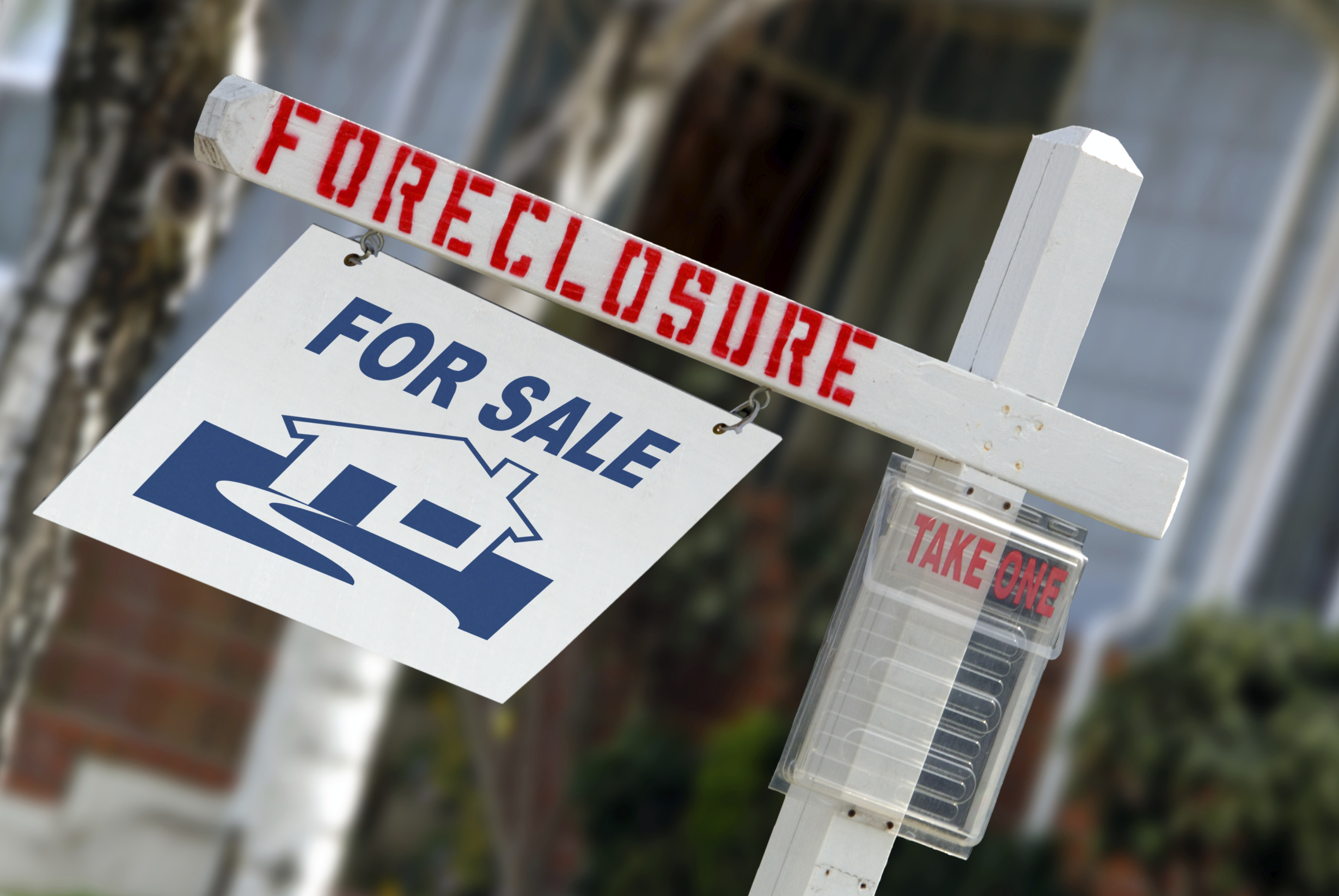This article was republished with permission from WTOP’s news partners at Maryland Matters. Sign up for Maryland Matters’ free email subscription today.

This content was republished with permission from WTOP’s news partners at Maryland Matters. Sign up for Maryland Matters’ free email subscription today.
No one should lose their home for a past-due water bill. That’s the notion behind legislation filed by state Sen. Mary Washington (D-Baltimore City) and supported by nearly the entire city delegation in the General Assembly.
Senate Bill 96, The Water Taxpayer Protection Act of 2019, would make permanent a current law that prohibits foreclosure tax sales for homes with delinquent water bills in the city. The General Assembly passed a bill last session that has been in place since Oct. 1, but is set to expire at the end of this year.
“I believe it’s just fundamentally wrong to take a person’s home for an unpaid water bill,” Washington said before a hearing Wednesday on the bill at the Senate Budget & Taxation Committee.
Washington was joined in advocating for the legislation by faith leaders, advocates for consumers and low-income Baltimoreans, and city residents who have found their homes snarled in some of the thousands of tax sale notices posted each year.
A separate city moratorium put in place by Mayor Catherine E. Pugh (D) has stopped sending owner-occupied property to tax sale lists, and no property has been foreclosed on due only to water liens in the past three years, according to a Department of Legislative Services analysis.
Senate Bill 96 would permanently ban the tax lien foreclosures of all residential properties and places of worship. The bill would also stop delinquent water bills from contributing to a home or church’s eligibility for tax sale when combined with other past-due bills.
The legislation could decrease city revenues by about $5 million annually, according to a fiscal and policy analysis.
After the narrower city moratorium last year, 3,528 owner-occupied residential properties were removed from the annual tax sale, representing about $5.7 million in liens not sold.
In information provided to legislative analysts, the city said that the threat of foreclosure has helped to recover significant unpaid fees. In the 2017 fiscal year, the city sent final notices to 7,000 properties with $13.3 million in delinquent payments, the analysis showed. About $9.3 million was collected before tax sale and $6.4 million was collected through tax sale that year.
As of last week, there were about 18,189 residential properties in the city with unpaid water and sewer obligations of $61.6 million. An additional 107 properties registered as “places of worship” had delinquent bills totaling $691,000.
But Washington and others testified Wednesday that the city’s water billing system is frequently inaccurate and unaccountable. Church officials and homeowners sent the committee testimony about paying off multi-thousand dollar bills they didn’t believe they were liable for to save their properties.
Molly Amster, Baltimore director of Jews United for Justice, said the organization has been working for years to address inaccuracy in city water bills. Then she got a $1,700 water bill one month that she tried to dispute for months until her home was put on the tax sale list.
The issue was resolved and her home was saved, but Amster later learned that the bank holding her home mortgage would now charge her an additional $100 a month in escrow payments because her presence on a tax sale list made her a bigger liability.
Kimberly Armstrong, who lives in the Belair-Edison neighborhood, disputed two hefty water bills, one for $1,400 and one for $2,500. Her mortgage company paid off the balance so she would not lose her home, but her mortgage payment has now more than doubled and making payments has caused financial and emotional strain, she told the committee.
Supporters of the bill say the problems with billing and increasing water rates in the city disproportionately affect black, low-income and older city residents.
City water rates have doubled since 2012 and are approved to increase by 30 percent over the next three years. Brooke Harper, legislative director for the NAACP Maryland State Conference, said more than one-third of Baltimore homes are being billed more than the United Nations-defined standard of affordable water service — no more than 3 percent of household income.
Other organizations that testified in favor of the bill include the AARP, Maryland Consumer Rights Coalition and Homeless Persons Representation Project.
The city has argued that the measure could harm bond ratings in the future. Pugh’s office submitted written testimony supporting the legislation, but with amendments that would limit the ban to owner-occupied properties and more narrowly define places of worship.
Washington called the proposed amendments “weakening.” She noted that the state’s largest water utility, the Washington Suburban Sanitary Commission, which serves Prince George’s and Montgomery counties, doesn’t pursue tax sales to secure payment.
“You have other entities across the state that use the tax sale foreclosure process as a means of last resort. And it happens very infrequently,” Washington said. “By contrast, Baltimore City has had thousands of homes up for tax sale foreclosure every year. And instead of having good payment programs, good customer service, accurate billing, they just use this as a way to get their revenue.”
Washington and other Baltimore lawmakers have been trying to pass the legislation for several years. In 2018, a version of Washington’s bill passed the House unanimously, but the Senate moved forward with the one-year legislation, which was sponsored by then-Sen. Barbara A. Robinson (D-Baltimore City).
A hearing on the bill in the House of Delegates is scheduled for Feb. 5.







